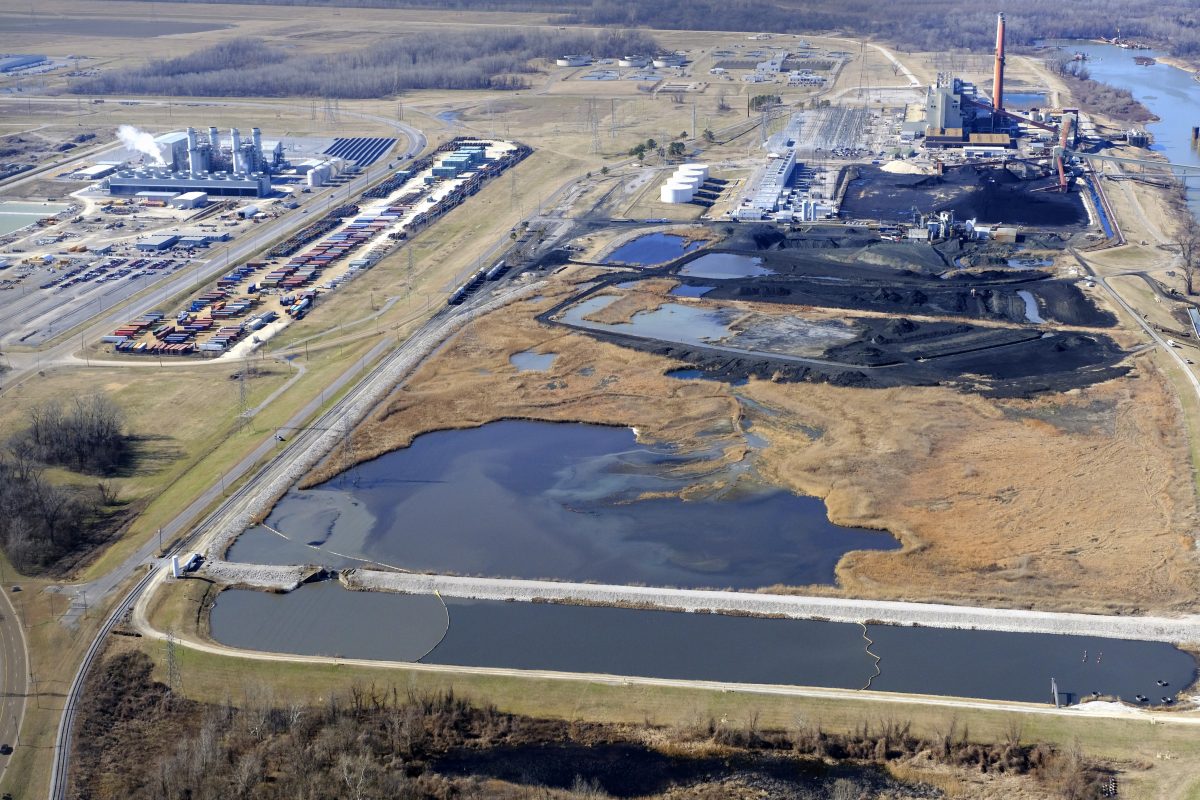Coal ash will be the focus of debate at Memphis City Hall probably for weeks to come as Memphis City Council members review a rule that might make it illegal to dump the stuff here.
If you’re new to the issue — maybe this is first time you’ve heard of coal ash — consider this a primer.
Coal ash is what it really is: the ashes of coal left over after that coal was burned here by the Tennessee Valley Authority (TVA) to make power for the Memphis area. TVA closed the plant that burned coal for electricity, the Allen Fossil Plant, in 2018. The plant consumed 7,200 tons of coal per day, and after it was burned to make electricity, that coal left behind about 85,000 tons of ash every year.
In 2018, TVA made the switch to the $975 million Allen Combined Cycle Plant, which burns natural gas — not coal — to power the Memphis area. The old coal plant was closed, but all that coal ash remains.
The ash is now stored in two massive ponds at the old coal-plant site, just south of McKellar Lake and Presidents Island. One pond on the west side of the campus was buried years ago and now looks like a large, grassy park. The other pond — the East Ash Pond — is murky, black, and lifeless but for some brawny stands of what appears to be sawgrass.
Under these ponds, and because of the coal ash in them, TVA found high levels of arsenic and other toxins in groundwater. Arsenic levels were more than 300 times higher than federal drinking water standards. This was determined to be a threat to the Memphis Sand Aquifer — the source of the city’s famously pure drinking water — and TVA abandoned a plan to pump water from it for its new natural gas plant.
For years, TVA weighed options to deal with the coal ash in the ponds. In March 2020, the agency announced it would dig up the coal ash, put it on trucks, and dump it at landfills in the Memphis area. At the time, environmentalists supported the measure but were concerned about the many trucks that would carry the coal ash through neighborhoods for years.
The issue was largely dormant until TVA met resistance to the plan in a hearing before the Memphis City Council last month. In its first August meeting, the council considered two resolutions that would ban TVA from dumping the coal ash either in Shelby County or within a larger area that could pose threats to the aquifer.
